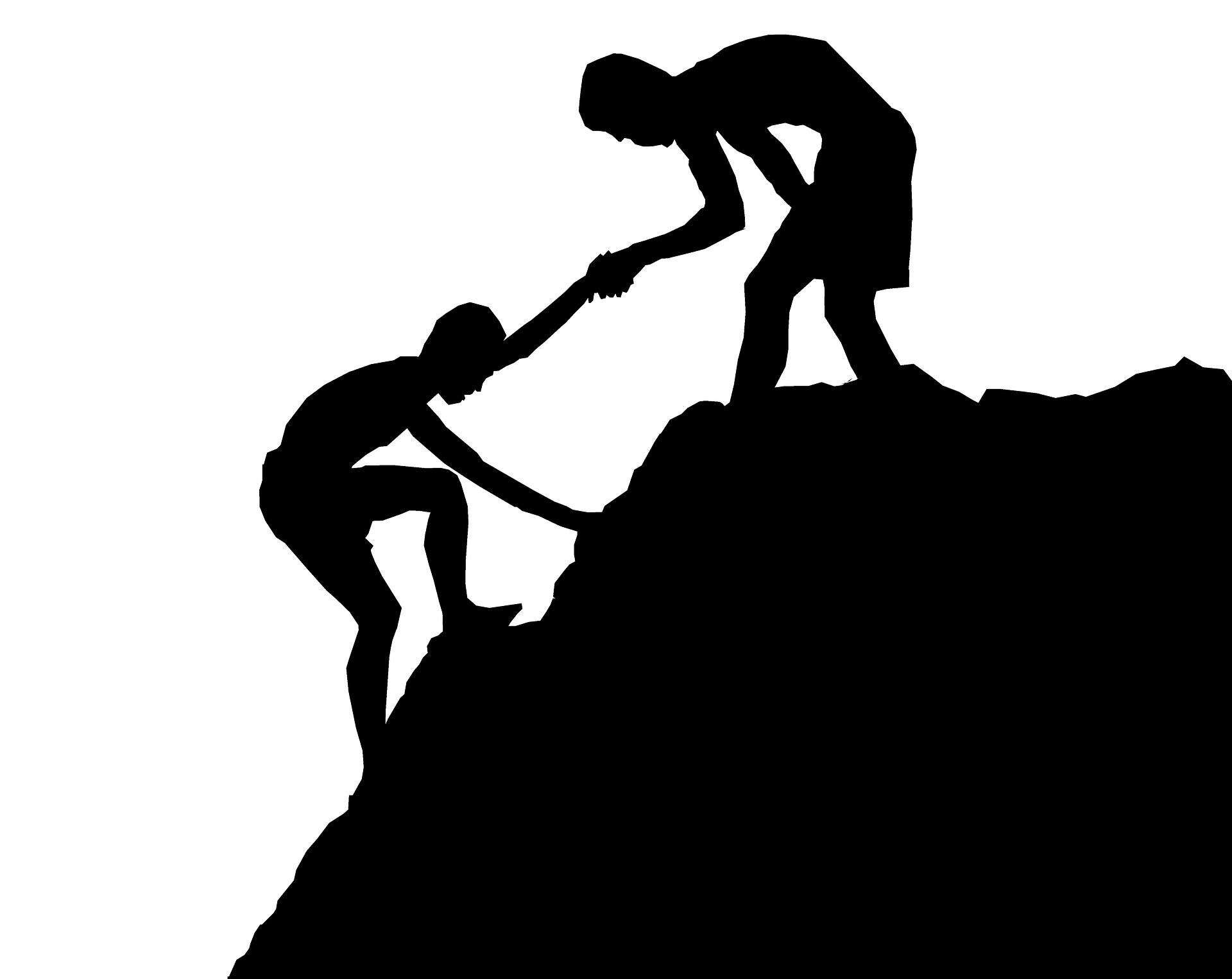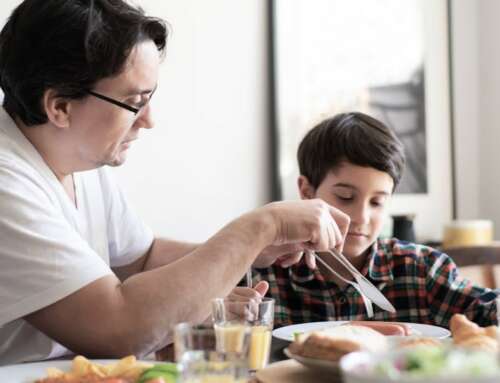“When you find other people going through it, it’s like realising you belong on Earth once more.”
That’s how Graham Panther, a mental health advocate and consultant, describes finding people who, like him, live with “big feelings”.
“It’s feeling like you belong on Earth, even when you feel awful,” Mr Panther said.
In his early 20s, Mr Panther had a mental breakdown. He experienced intense anxiety and feelings of terror.
“I went and saw the psychiatrist, the neurologist, the psychologist — I tried all the pills and the treatments,” he said.
“None of them really changed what was happening for me. None of them made a dent in that feeling that life wasn’t worth living anymore.”
What made a difference, Mr Panther said, was connecting with people who shared similar experiences and feelings.
“The thing that made me feel better was finding other people who asked the same big, gooey questions … who wondered what the point of living was sometimes,” he said.
“The very simple act of communing and connecting with other people who ‘go there’ can create this profound shift in how you see yourself.
“It’s feeling like [you’re] not the only one who feels this way … I think of it as a different kind of hope.”
The role of peer support
What Mr Panther is talking about — the sharing of lived experience of mental illness to support others with mental illness — is known in the mental health sector as peer support.
The idea of peer support is to harness people’s own experience of mental ill-health and recovery to support others and foster a sense of hope.
For a long time, peer support has been provided by friends and family (in an informal sense), and through community support groups and grassroots organisations.
But in recent years, the sharing of lived experience has been recognised as an increasingly important, complementary aspect of mental health treatment and recovery.
The head of suicide prevention research at Orygen, the National Centre of Excellence in Youth Mental Health, Jo Robinson, said the use of peer support and lived experience is increasing.
“People are really starting to see the value of it. We’re seeing more of it happening in clinical services, and in suicide prevention in community settings and school settings.”
Peer support workers are uniquely placed to offer understanding and support to people, “having been in their shoes”, and they do this outside the traditional doctor-patient relationship, Dr Robinson said.
“I think this is especially beneficial for young people. What you get from a peer worker is a more equal parallel.
“They are there to walk alongside you, help you navigate the system, and help advocate for you.”
Peer support workers are also able to model the idea of hope and recovery, she said.
If you or anyone you know needs help:
Lifeline on 13 11 14
Kids Helpline on 1800 551 800
MensLine Australia on 1300 789 978
Suicide Call Back Service on 1300 659 467
Beyond Blue on 1300 22 46 36
Headspace on 1800 650 890
QLife on 1800 184 527
– Olivia Wills, All in the Mind, ABC News
Image source: Rakicevic Nenad, Pexels








Leave A Comment